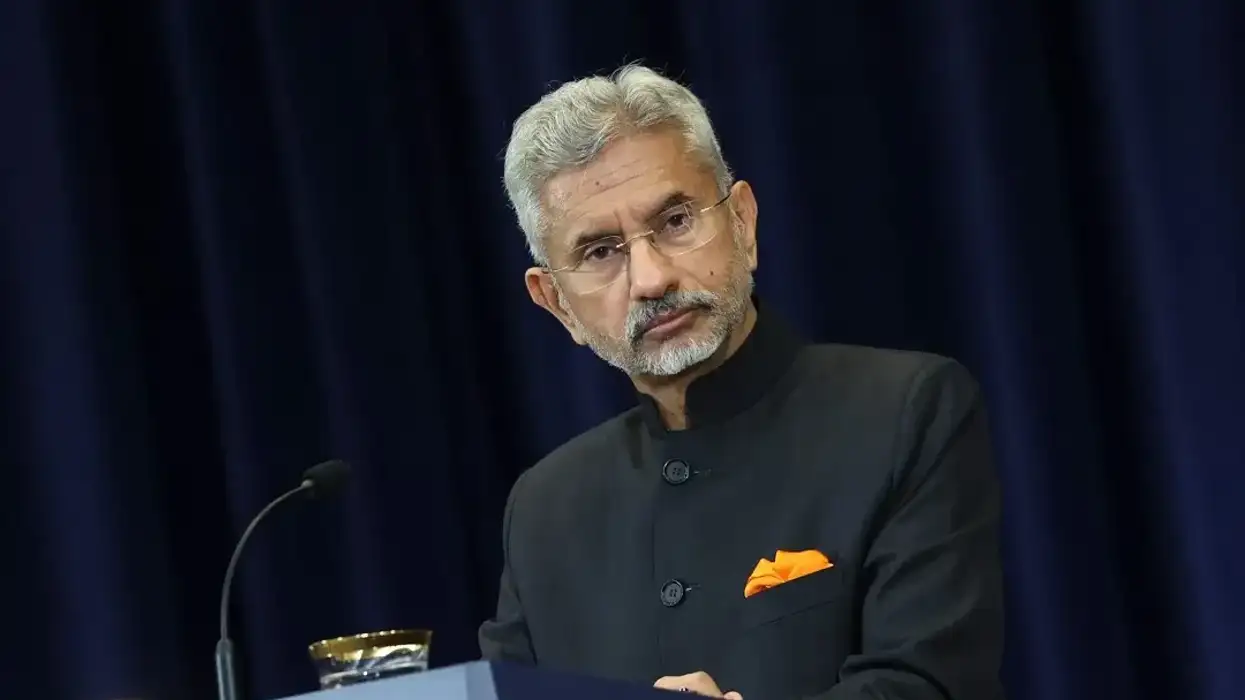The skin on our lips is thinner than the rest of our body, this is why they are more prone to changes in weather conditions, increasing their chances of getting dry and chapped. Also, it’s very common to experience dry lips during winter states Dr Anuja Bodhare, MD (Ayurveda) in an earlier report in PharmEasy.
However, no matter what the season, you can get cracked lips any time of the year. Also, it is a common problem in people of all age groups regardless of gender.
And according to an earlier report in the Times of India, some of the reasons our lips tend to lose their moisture is due to harsh weather conditions, vitamin deficiency, allergic reactions, smoking, excessive licking of lips, and due to dehydration.
The skin on the lips begin to lift and flake when the lips get dry and chapped.
Exfoliating your lips gently can help to remove the dead skin cells. If you don’t exfoliate, your lip balm won’t be able to reach and moisturise the new skin that lies under the flaky areas.
It’s no secret that everyone loves to have soft, glossy lips. Therefore, let’s take a look at some simple and proven home remedies that can help to soothe chapped lips.
One of the most effective ways to help home remedies work effectively is to keep your lips hydrated by drinking adequate water. Experts inform that if you are dehydrated, no home remedies will work. So, ensure you hydrate yourself well.
Home remedies to heal dry and chapped lips
Honey
Honey is a natural moisturizer and has antibacterial properties which also prevents infections. It also helps to reduce swelling caused by infection. Honey can be either be directly applied to the lips or mixed with glycerin or vaseline.
Cucumber
Known for its hydrating properties, cucumber helps to remove all the dryness from your lips by providing it with essential vitamins and minerals. Either gently rub the cucumber slices on your lips or apply the juice of this hydrating vegetable. Leave the juice on for 10 minutes and then wash it off.Aloe vera gel
The healing properties of Aloe vera can help in treating dry lips. Applying Aloe vera gel can remove dead skin cells on the lips. It also helps to protect the skin on the lips which is very delicate. Just apply the gel on your lips and leave it overnight – wash it off in the morning for effective results.Coconut oil
Coconut oil can soothe your dry lips as it contains healthy fatty acids that can provide your lips with the required oil to help make them soft and supple. Information cited on WebMD states that coconut oil contains lauric acid which has nourishing properties that seep into the skin and thereby moisturises it. You can either mix coconut oil with some essential oil to help speed up the healing process or apply it as it is.
Sugar
Sugar works as a natural exfoliator. It can help to scrub your lips and clear up dead skin cells on the lips. This natural ingredient can also help to restore the natural colour of your lips. To exfoliate your lips, mix sugar with olive oil and apply it to your lips in circular motions.Rose petals and milk
This is an extremely nourishing mixture as it contains vitamin E. This home remedy can also bring back the natural colour of your lips. Mash the rose petals and apply this paste to your lips or mix it with milk. The milk which is rich in lactic acid helps to remove dead skin cells from the lips and moisturises and hydrates them as well.
Lemon juice
Lemon juice can remove dead skin cells from the lips as it effectively exfoliates the skin on the lips. Since it is a natural bleach, it is used to treat both dark lips as well as dry lips, leading to rosy pink lips. Make a mix of lemon juice with castor oil and honey and apply it to your lips. Leave this mixture on for around 10 minutes and then rinse it off.













